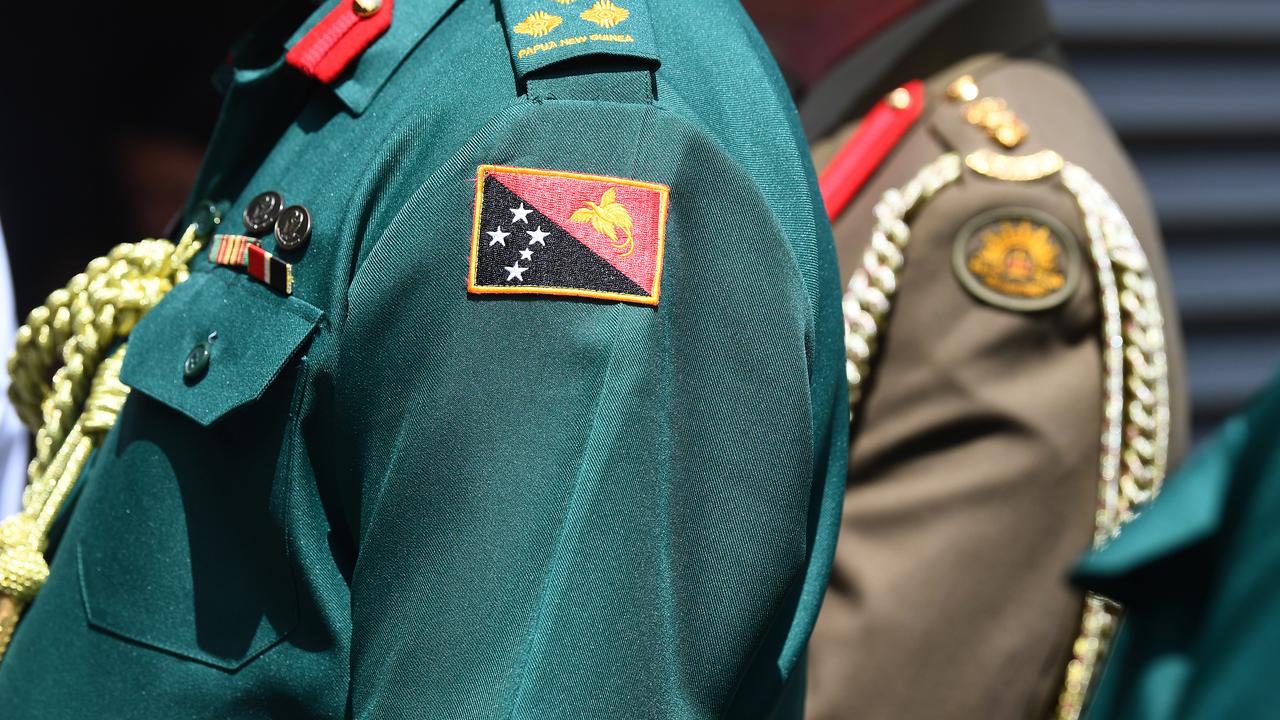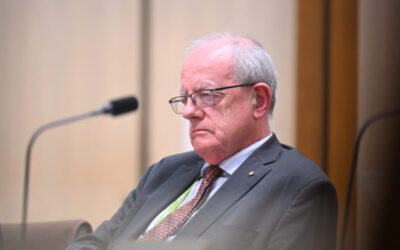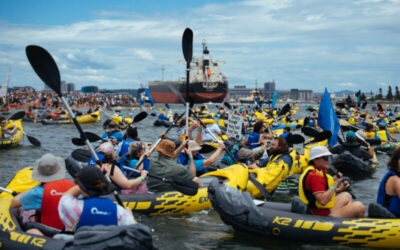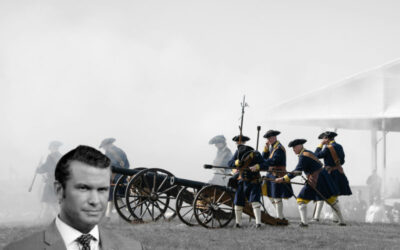Australia will have to break out the chequebook to hold up its end of a historic defence alliance with Papua New Guinea, analysts say.
Prime Minister Anthony Albanese and his PNG counterpart James Marape are expected to ink a long-awaited mutual defence treaty as early as Monday after attending Sunday’s NRL grand final.
The Pukpuk agreement, named after the local word for crocodile, will require each nation to come to the aid of the other if under military attack.
It will also create a pathway for citizens to serve in the other country’s defence force.
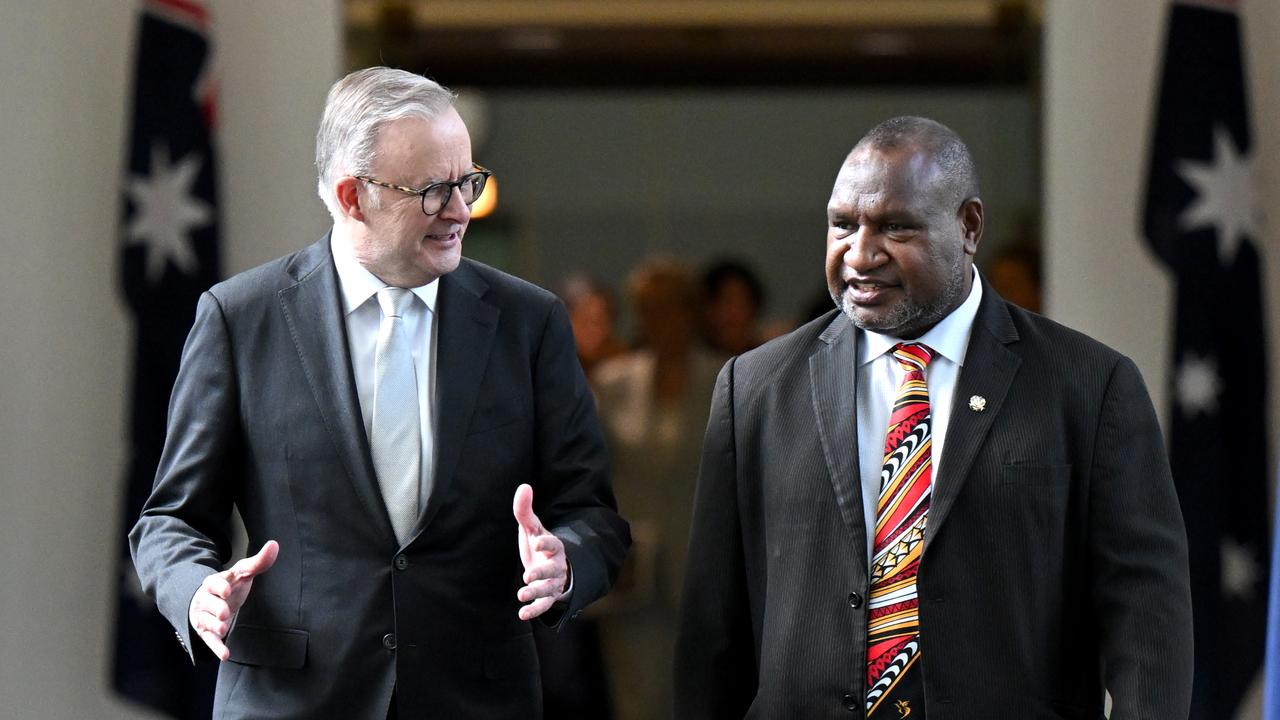
The expected treaty will be Australia’s first formal alliance since the ANZUS treaty was signed in 1951.
“It’s only the second alliance Australia will have and our third treaty ally,” ANU National Security College senior policy advisor David Andrews told AAP.
“It elevates the relationship with PNG and speaks to the seriousness with which we treat that relationship.”
PNG’s large landmass and placement to Australia’s north made it a logical partner, on top of the nation’s shared history in World War II.
“Australia’s military strategy for many years has identified the north as being from where we’d expect any kinetic attack,” Mr Andrews said, noting the Pacific nation was supporting a population of about 15 million with a defence force of about 4000 or 5000.
The Albanese government has been under pressure from the Trump administration to lift defence spending to 3.5 per cent of gross domestic product.
Mr Andrews said the US argument was “completely wrong”, but Australia would need to spend more to hold up its end of the bargain with PNG.
“We should be increasing defence spending, not because Donald Trump has asked for it but because we have more defence obligations that are unique to Australia,” he said.
“Those are only increasing with this treaty and security relationships that we’re upgrading throughout the Pacific.
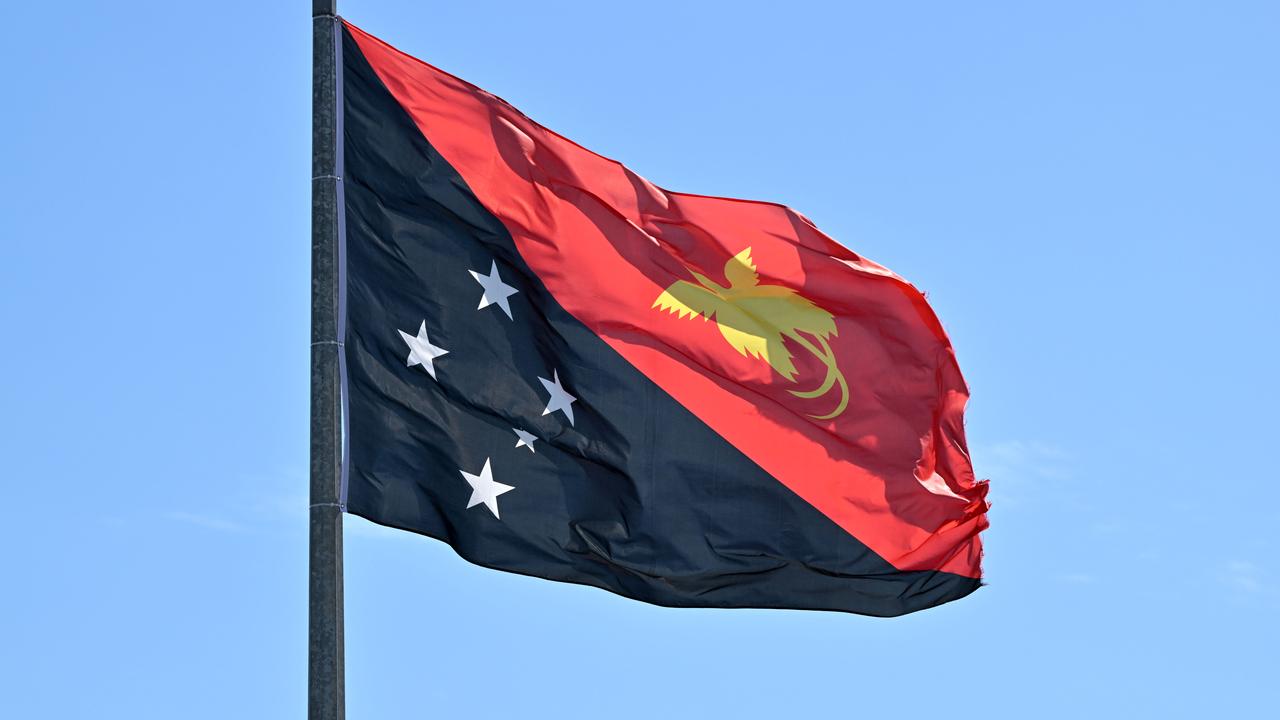
“You’ve got to match your words with actions.”
Oliver Nobetau, Australia-Papua New Guinea Network project director at the Lowy Institute, said Australia would be aware of the level of spending required to cater to the alliance.
“Whatever amount of money, strategically, it is a really good investment,” he said.
“By ensuring you protect PNG’s security, you protect Australia’s security as well.”
The pact is aimed at shoring up Australia’s influence in the hotly contested Pacific region as China tries to strike security agreements with other island nations.
It will alleviate Australia’s “security anxiety” in the region, elevated since China and the Solomon Island signed a security pact in 2022, Mr Nobetau said.
“It’s going to be a blip on the radar for the amount of money (Australia) spends on security,” he said.
“PNG has a really equal deal, in terms of creating the opportunity for 10,000 citizens to serve in the Australian Defence Force.
“Nobody else can do that.”
Australian Associated Press is the beating heart of Australian news. AAP is Australia’s only independent national newswire and has been delivering accurate, reliable and fast news content to the media industry, government and corporate sector for 85 years. We keep Australia informed.
